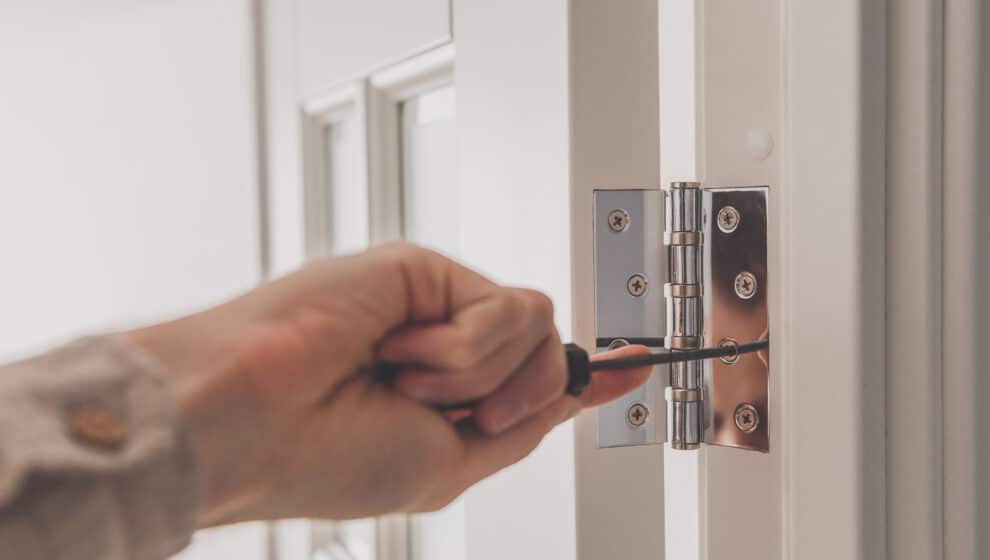Big ideas that make a splash in the market may inspire other entrepreneurs to develop new products and services, but sometimes the most successful ideas are simple improvements to existing products.
Key Details
- Brand-new inventions or ideas may make for exciting market disruptors, but some of the most well-known entrepreneurs have succeeded by improving everyday products that make consumers’ lives easier.
- When new markets open up—such as the world of artificial intelligence—entrepreneurs flock to these fields, hoping to start the next big thing.
- While a few of these startups will succeed, the more likely path to success may lie in fields that are a little less exciting.
- Joy Mangano famously got her start by creating the self-wringing Miracle Mop, and Aaron Krause changed the dish-washing world with the Scrub Daddy sponge.
Why it’s news
Entrepreneurs looking to find a successful idea may sometimes get caught in the trap of thinking their business must be something new and innovative. Sometimes, the answer is to look at existing products and wonder how the user’s life and the product can be improved.
Younger companies looking to be the next Uber or Facebook may sometimes break through and find overwhelming success, but more commonly, entrepreneurs make their breakthroughs in areas that seem a little more boring.
Custom Services Hardware founder and former CEO Frank Rasmussen started in 1977 after being frustrated that he could not get the parts he needed for making waterbeds.
“The brackets were coming out of California, and it sometimes took a month to get an order of brackets from them. So I said, ‘I’m a model maker. This should not stop us.’ So I had one of the local companies manufacture the steel dies, and we started stamping out our own,” Rasmussen says.
Because the brackets were difficult to come by, other area manufacturers soon came to Rasmussen and asked to buy parts. Eventually, Rasmussen gave up the waterbed manufacturing idea altogether and focused on making hardware—eventually shifting the company’s focus to kitchen cabinet hardware.
As Custom Services Hardware grew, Rasmussen continued looking for simple products that would improve the everyday lives of his customers. One piece of hardware Rasmussen patented was a simple bracket that connected to wood slats on the underside of a bed that prevented the supports from shifting or breaking.
One of the company’s more notable acquisitions was hardware for a rolling ladder assembly. After seeing another company, Putnam Ladders, make rolling ladders that were expensive, heavy, and took a long time to manufacture, Rasmussen decided to come up with the hardware for a ladder system.
“It took me about a year and a half to get the first set of hardware out. And it took right off, and we started selling that hardware,” Rasmussen tells Leaders Media. Eventually, Custom Service Hardware’s ladders outsold its competitor and bought Putnam Ladders for the price of its materials.
Though Rasmussen and Custom Service Hardware acquired several patents over the years, much of Rasmussen’s work centered around improving existing products that he knew could be made better with slight changes.
“We listened to what they were looking for,” Rasmussen says.
